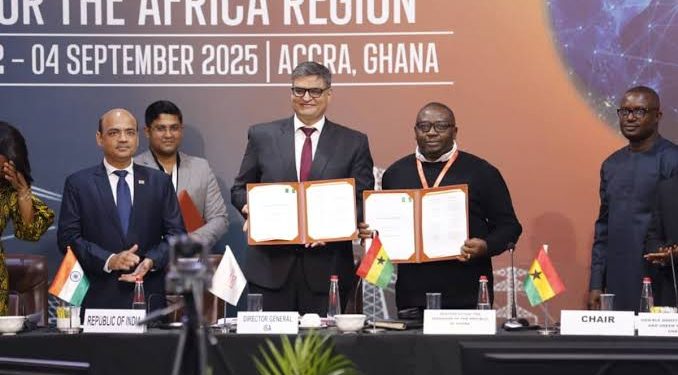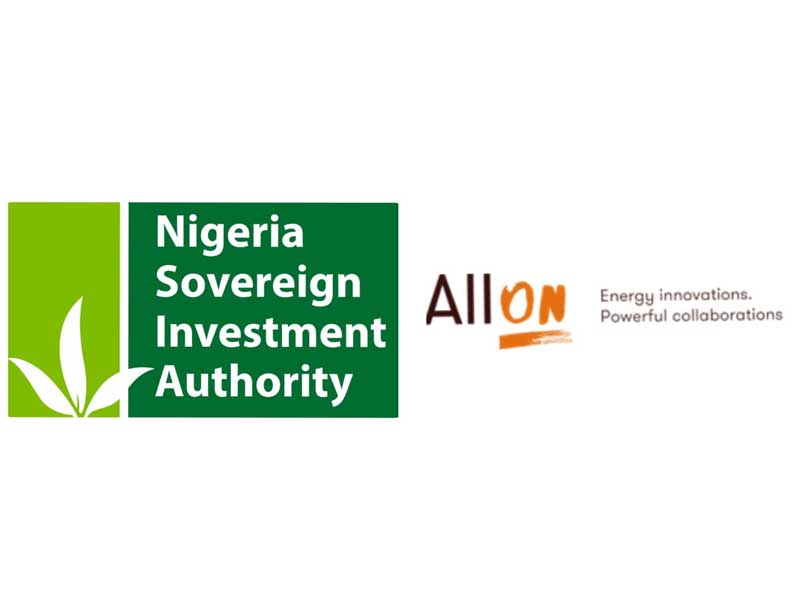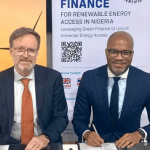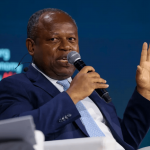The Federal Government has signed a landmark agreement with the International Solar Alliance (ISA) to establish a $500 million Distributed Renewable Energy (DRE) Nigeria Fund, setting the stage for one of the most ambitious solar power rollouts in the country’s history.
The agreement was formalized during the Seventh Regional Committee Meeting for Africa in Accra, Ghana, held between September 2 and 4, 2025. It was signed by the Minister of Power alongside the ISA Director-General, signalling Nigeria’s renewed commitment to clean energy and energy access.
According to the Ministry of Power, the fund will be implemented over the next three years through a comprehensive action plan designed to catalyse large-scale investment in renewable energy projects. The plan will be backed by stronger regulatory support to attract both domestic and international financiers.
Key areas of focus include scaling up solar solutions for agriculture, encouraging rooftop solar adoption in households and businesses, deploying mini-grids to underserved communities, and establishing a Solar Technology and Application Resource Centre to drive innovation and knowledge transfer.
The Minister of Power described the partnership as a milestone in Nigeria’s energy transition, stressing that solar power is not just about providing light but about powering development. He noted that decentralised renewable solutions will help schools function better, clinics save lives, small businesses expand, and farmers improve yields through solar-powered irrigation.
“This initiative is about transformation,” he said. “Every mini-grid deployed and every solar system installed has the potential to change lives, a child can study at night, a clinic can keep vaccines safe, an entrepreneur can power equipment, and a farmer can irrigate fields. This is the true promise of renewable energy for Africa.”
Beyond electrification, the initiative is expected to boost economic growth by creating new opportunities for micro, small, and medium enterprises (MSMEs). Solar-powered cold storage systems, agro-processing facilities, and digital hubs are among the ventures that could emerge, providing employment and enhancing productivity across rural and urban communities.
The fund also reflects a broader wave of regional collaboration on clean energy, as Ghana and The Gambia signed similar agreements during the Accra meeting. For Nigeria, the initiative is a critical step toward achieving its electrification targets, reducing dependence on fossil fuels, and cutting carbon emissions in line with global climate commitments.
By positioning solar energy at the centre of its clean energy strategy, Nigeria aims not only to close its electricity access gap which still leaves millions in darkness but also to unlock sustainable jobs, support innovation, and foster inclusive growth across the country










